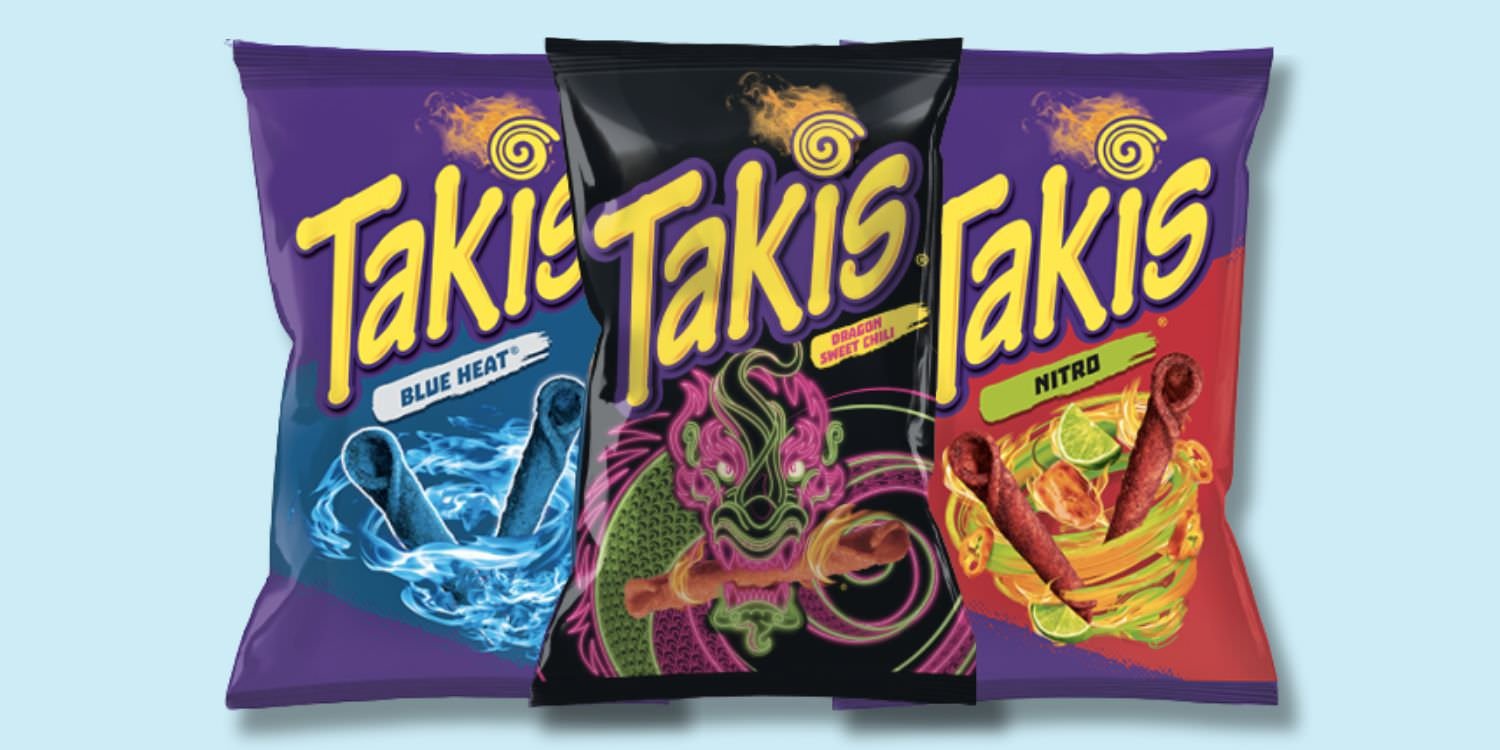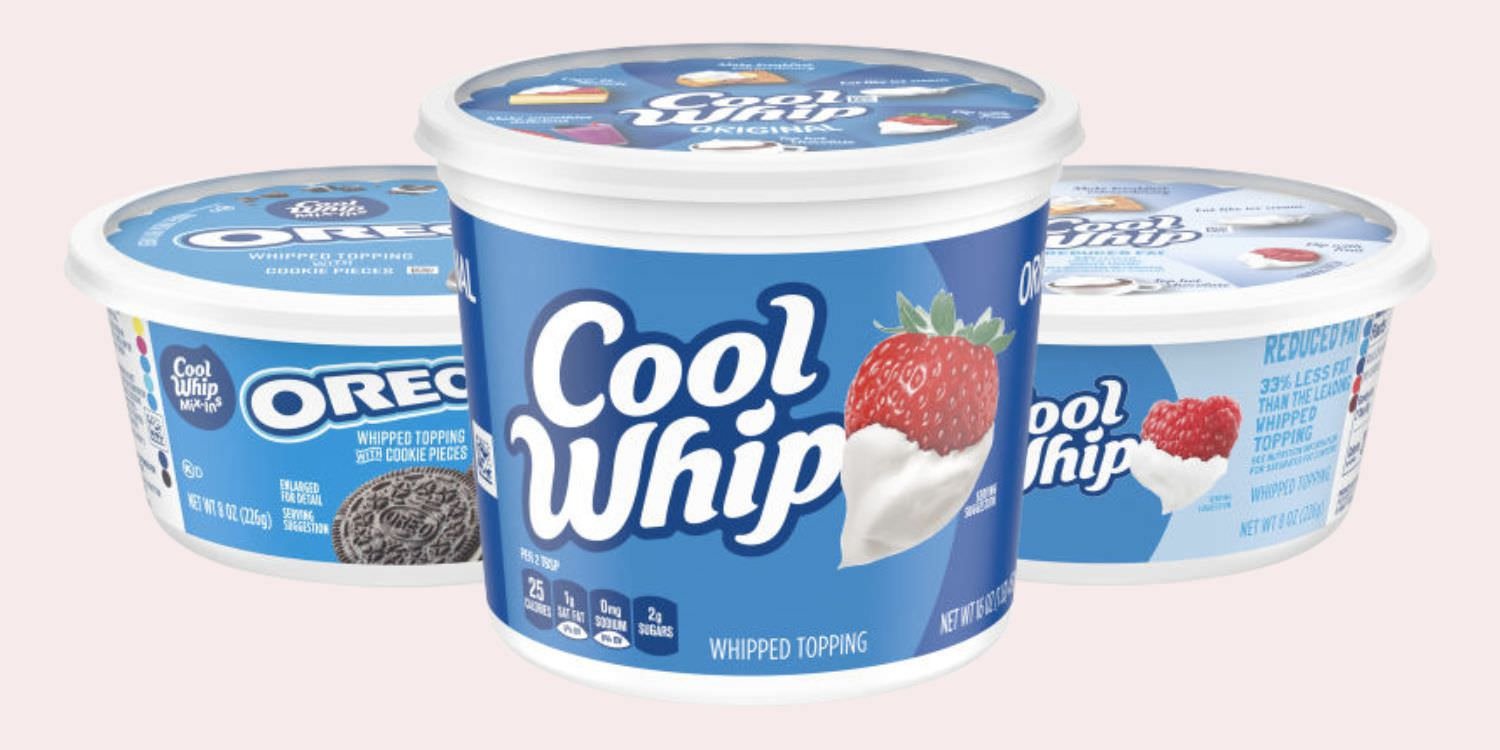How You Can Save Water By Eating A Plant-Based Diet
Sunday, March 22nd is World Water Day! We wanted to take this occasion to talk about how to save water and how we can all play a part in helping conserve this precious and rather endangered resource. During these uncertain times, water shortages are probably the last thing you want to hear about, but here’s the thing: we need water to survive. So, let’s be brave and confront this head-on, in order to help each other, the animals, and our environment and ensure that we have plenty of water for years to come!
Did You Know?
About 71% of the Earth’s surface is covered in water! Sadly though, only 2.5% of global water is fresh and drinkable. Not only do humans rely on water daily, but so do livestock and the crops grown to feed livestock. In fact, global animal production accounts for 31% of the human freshwater footprint! In other words, we use water somewhat inefficiently. Think about this: if we would consume the crops we use to feed the animals instead of the animals themselves, we would drastically reduce our water footprint!
Bottom line: Your diet makes the greatest water impact!
Let’s see this in action. Below is a chart showing the water usage for some of the meat and dairy staples many people consume daily versus plant-based alternatives:
As you can see, meat and dairy uses WAY more water than plant-based options. Even if you are not ready to give up meat and dairy entirely, consider this: by simply going vegetarian can save water by as much as 58%!
Water Usage By The Numbers
It may be difficult to picture water usage in terms of liters, but what about in terms of activities that the majority of us do every day?
Well, simply consuming one beef burger (150g) equals 2500 liters of water usage.
That is the same as:
38.4 showers
416 toilet flushes
120 dishwasher loads
100 laundry loads…yikes!
Climate, Pollution, & Water
Beyond how much water is used to produce meat and dairy products.These industries also cause harm to our waterways and oceans due to runoff from livestock and chemicals used in livestock and crop production. Farm animals produce billions of pounds of manure every day! And that’s not the only thing that stinks about animal agriculture. Much of the excrement ends up filtering into waterways, lakes, oceans, and even our drinking water (ew!). Additionally, the run-off from fertilizer used by farms puts our water at risk. In fact, it's estimated that every year over 200 million lbs. of pesticides are used just for animal crop production in the U.S.! All of this leads to water contamination and the endangerment of marine life. Remember, it’s their water too!
The good news: The more people who switch to a plant-based diet the fewer the number of animals on factory farms, which will help reduce waste, pollution, unnecessary crop production, and help preserve natural resources like water!
What Is the Aim of World Water Day?
Did you know that nearly 2.2 billion people do not have access to clean water?! A big aim of World Water Day is to share this information on how to save water…knowledge is power! We have to recognize that climate change and water are inseparable, but the third piece of this undeniable puzzle is our diet. We cannot talk about climate change and water shortages without acknowledging one of the biggest contributing factors to both of these problems.
Educating, Reducing, Rethinking
On World Water Day (and beyond) here are the biggest ways you can make an impact: educate, reduce, and rethink.
Educate:
Likely you and those you know have some form of virtual communication and/or social media. On World Water Day, talk about it! Post on Instagram, Facebook, Twitter etc. #WorldWaterDay! Talk with family and friends. Do your own research. Ultimately, make sure you are spreading awareness that water is crucial, and we need to act now!
Reduce:
There are many things you can do in your daily life that will help fight climate change and preserve water.
Harvesting rainwater: It may not be the first thing you think of, but harvesting rainwater can be cost effective, help maintain water during dry periods, and is a low impact way to reduce your water footprint.
Take shorter showers: Consider taking shorter showers. 80% of wastewater is never treated; therefore, the less we use, the less we waste.
Don’t throw away edible food: Around 1/3 of all food produced globally is lost or goes to waste. Reducing your food waste reduces demand on agriculture, which is one of the biggest water consumers.
Turn off tech: Currently 90% of power generation is water-intensive. Powering down our devices when we’re not using them requires less energy production.
Shop sustainably: A typical pair of jeans takes 10,000 liters of water to produce. This is equal to what a person drinks in 10 years! Shopping sustainably, or up-cycling and repairing your clothing greatly cuts down on water and resource waste.
Rethink:
Finally, rethink your daily habits. The biggest one being the thing the majority of us do 2-3 times a day, every day, year after year.
Eat more plant-based meals: Reducing animal products and increasing plant-based food consumption could reduce greenhouse gas emissions by up to 8.0 gigatons a year! In other words, what you eat matters. Cutting back animal products reduces water waste, pollution, food waste, frees up land space, creates cleaner air, and provides healthier conditions for humans, animals, and our environment.
Be the Change
We know this information may feel a little overwhelming, but we have the opportunity right now, and this World Water Day, to make a difference for our future. Cutting back on meat and dairy and reducing our personal water waste can make a HUGE impact. Be the change our planet needs and help us preserve our precious water!





